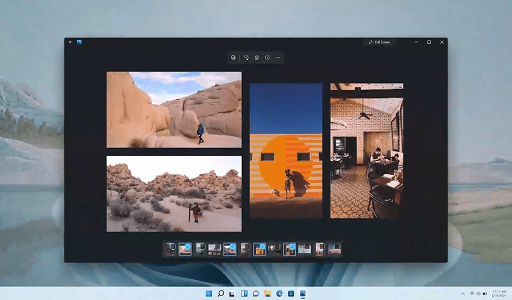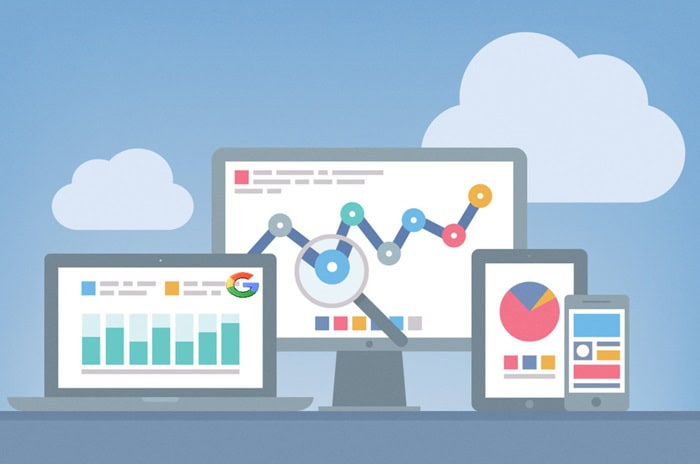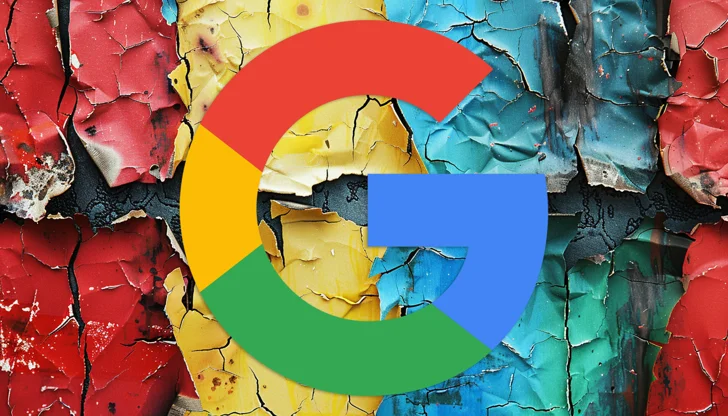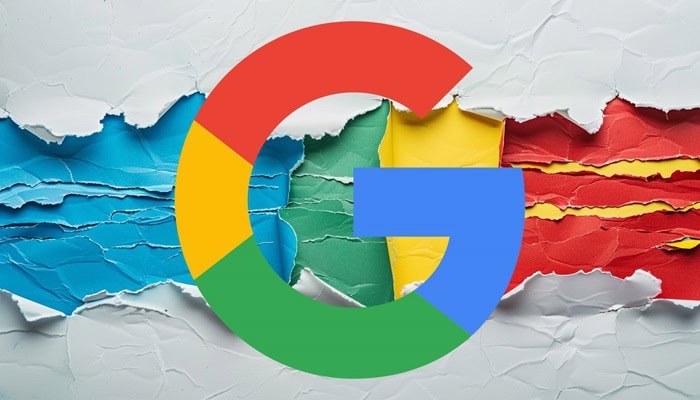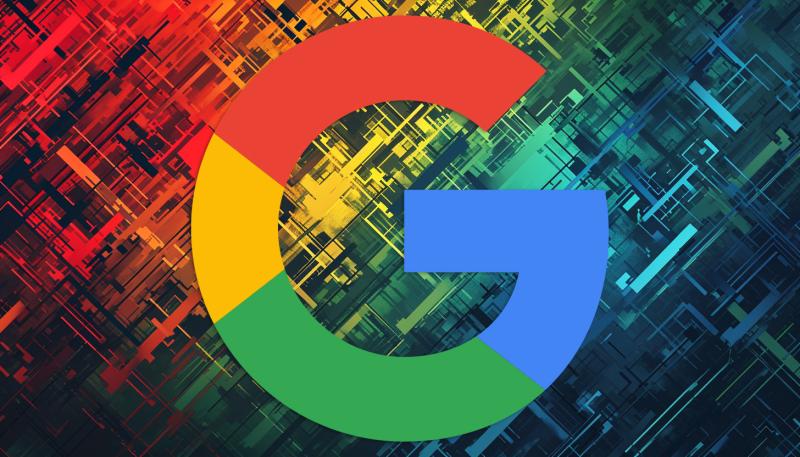Google has unveiled the Helpful Content Algorithm Update for September 2023, set to complete its rollout within a fortnight. This update seemingly relaxes restrictions on machine-generated content but issues a cautionary note regarding third-party content hosted on websites or their subdomains.
In regard to this update, Google has supplemented its Helpful Content System documentation with new recommendations for website owners facing traffic declines following a Helpful Content update.
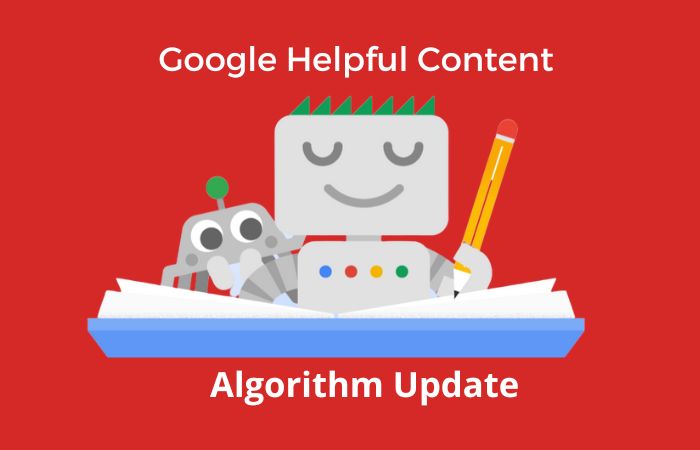
Google Helpful Content System
Google uses the Helpful Content System to boost the visibility of valuable content while diminishing the online presence of content deemed unhelpful.
Google presents this system as a complementary component within its comprehensive web ranking framework, working in concert with other systems.
The main mission of this system revolves around pinpointing quality indicators aligned with genuinely useful content written by CamRojud
What does the September Helpful Content Update entail?
Google recently revised their Helpful Content System documentation to integrate guidance in three key areas:
- Easing restrictions on machine-generated content.
- Managing third-party content hosted on subdomains.
- Providing supplementary advice for mitigating traffic loss resulting from a Helpful Content update on your website.
Google Relaxes Guidance on Machine-Generated Content
Google’s earlier guidance underscored the preference for human-generated content within the Helpful Content system.
This aspect of the guidance has been omitted, signalling a shift in Google’s approach to AI-generated content to bring it into closer alignment with other seemingly conflicting advice on such content.
The original guidance:
“Google Search’s helpful content system generates a signal used by our automated ranking systems to better ensure people see original, helpful content written by people, for people, in search results.”
The updated guidance:
“Google Search’s helpful content system generates a signal used by our automated ranking systems to better ensure people see original, helpful content created for people in search results.”
Third-party content On the Main Website Or Subdomains
A persistent trend has existed where third-party content finds its place either on the primary domain or a subdomain of a website.
For instance, news media websites have been known to host third-party credit card affiliate content on a designated subdomain.
The underlying concept behind these strategies is the expectation that some of the main website’s ranking authority will enhance the visibility of the content on the subdomain.
Google’s Helpful Content update for September 2023 introduces a modification that could have adverse implications for websites hosting third-party content, regardless of its location within the site.
You can also read: 7 Tips to Help You Generate B2B Leads
A new section added to the Helpful Content guidance advises:
“If you host third-party content on your main site or in your subdomains, understand that such content may be included in site-wide signals we generate, such as the helpfulness of content.
For this reason, if that content is largely independent of the main site’s purpose or produced without close supervision or the involvement of the primary site, we recommend that it should be blocked from being indexed by Google.”
Certainly, individuals who publish guest posts should be vigilant in heeding this guidance, especially the section concerning the relevance of the content to the primary site’s objectives, and whether the content has been crafted with rigorous oversight.
New Guidance On Recovering From Helpful Content Update
Lastly, Google has integrated new directives on the steps to take for recovery in case a website is impacted by any Helpful Content Update.
The recently appended paragraph in the documentation advises identifying content that isn’t deemed helpful and subsequently removing or replacing it.
Google’s new guidance:
“If you’ve noticed a change in traffic you suspect may be related to this system (such as after a publicly-posted ranking update to the system), then you should self-assess your content and fix or remove any that seems unhelpful.
Our help page on how to create helpful, reliable people-first content has questions that you can use to self-assess your content to be successful with the helpful content system.”
Would you like to read more about Google Helpful Content Algorithm Update-related articles? If so, we invite you to take a look at our other tech topics before you leave!
Use our Internet marketing service to help you rank on the first page of SERP.
![]()







